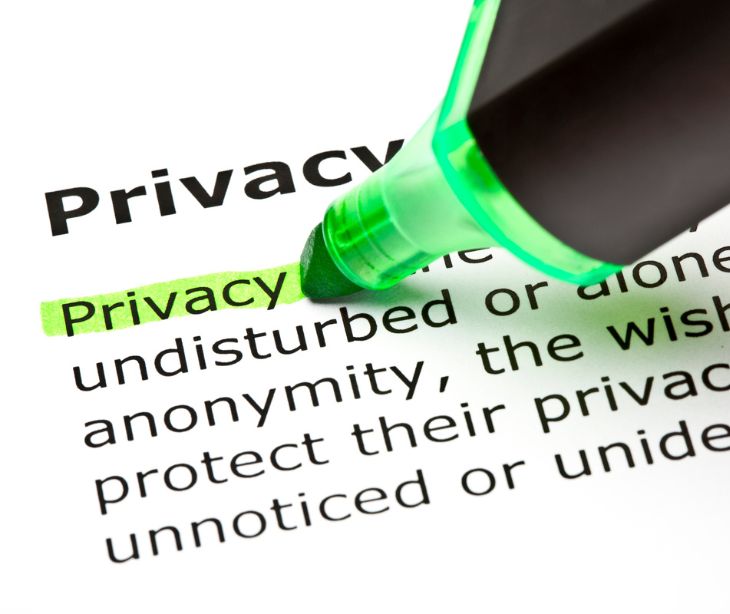
Mental health professionals fall under the category of healthcare providers and are thus considered covered entities under HIPAA, therefore must be trained in HIPAA compliance.
Outlined in §164.530(b)(1) of the Privacy Rule, covered entities are required to “train all members of its workforce on the policies and procedures with respect to protected health information required by this subpart and subpart D of this part, as necessary and appropriate for the members of the workforce to carry out their functions within the covered entity."
Furthermore, in the Security Rule under §164.308(a)(5), a covered entity or business associate must “implement a security awareness and training program for all members of its workforce including management.”
Components of HIPAA training
Understanding HIPAA
- Overview of HIPAA: Explanation of what HIPAA is and its importance.
- Key provisions: Privacy Rule, Security Rule, and Breach Notification Rule.
- Patient rights: Understanding patients' rights under HIPAA, including access to their health information.
Protected health information (PHI)
- Definition of PHI: What constitutes PHI and examples specific to mental health.
- Handling PHI: Proper ways to handle, transmit, and store PHI.
- Minimum Necessary Standard: Ensuring that only the minimum necessary information is used or disclosed.
Privacy Rule
- Use and disclosure: Guidelines for the use and disclosure of PHI.
- Consent and authorization: When patient consent or authorization is needed.
- Notice of Privacy Practices: Informing patients about how their information is used.
Security Rule
- Administrative safeguards: Policies and procedures to manage the selection, development, implementation, and maintenance of security measures.
- Physical safeguards: Controlling physical access to protect against inappropriate access to PHI.
- Technical safeguards: Using technology to protect PHI and control access to it.
See also: What are administrative, physical and technical safeguards?
Breach Notification Rule
- Identifying a breach: What constitutes a breach of PHI.
- Reporting requirements: Steps to take if a breach occurs, including notification of affected individuals, the Secretary of Health and Human Services (HHS), and possibly the media.
Read more: What are the HIPAA breach notification requirements
Practical scenarios and examples
- Real-world applications: Examples of HIPAA violations and proper handling of PHI.
- Case studies: Analysis of incidents and how they were handled or could have been prevented.
Employee responsibilities
- Role-specific guidelines: Duties and responsibilities related to HIPAA compliance for different roles within mental health practices.
- Training and awareness: Ongoing training requirements and resources.
Legal and ethical considerations
- Compliance and enforcement: Consequences of non-compliance, including fines and legal action.
- Ethical considerations: Ethical issues related to patient privacy and confidentiality.
See also:
Resources for HIPAA training
- Online courses: Organizations like the American Psychological Association (APA) and the Office for Civil Rights (OCR) offer HIPAA training.
- Workshops and seminars: Attend in-person or virtual workshops for more interactive learning.
- Consultants: Consider hiring a consultant for customized training specific to your practice.
Go deeper: Resources to help covered entities maintain HIPAA compliance
FAQs
What is HIPAA?
HIPAA stands for the Health Insurance Portability and Accountability Act, enacted in 1996 to protect the privacy and security of patients' health information and to simplify the administrative processes in healthcare.
Go deeper: What is HIPAA?
Why do mental health professionals need HIPAA training?
HIPAA training is essential for mental health professionals to ensure they understand how to protect patient information, comply with federal regulations, and avoid legal and financial penalties associated with non-compliance.
How can mental health professionals ensure HIPAA compliance in their practice?
Ensuring HIPAA compliance involves regular training, implementing and maintaining appropriate safeguards, conducting risk assessments, updating policies and procedures, and staying informed about changes in HIPAA regulations.
Subscribe to Paubox Weekly
Every Friday we'll bring you the most important news from Paubox. Our aim is to make you smarter, faster.



